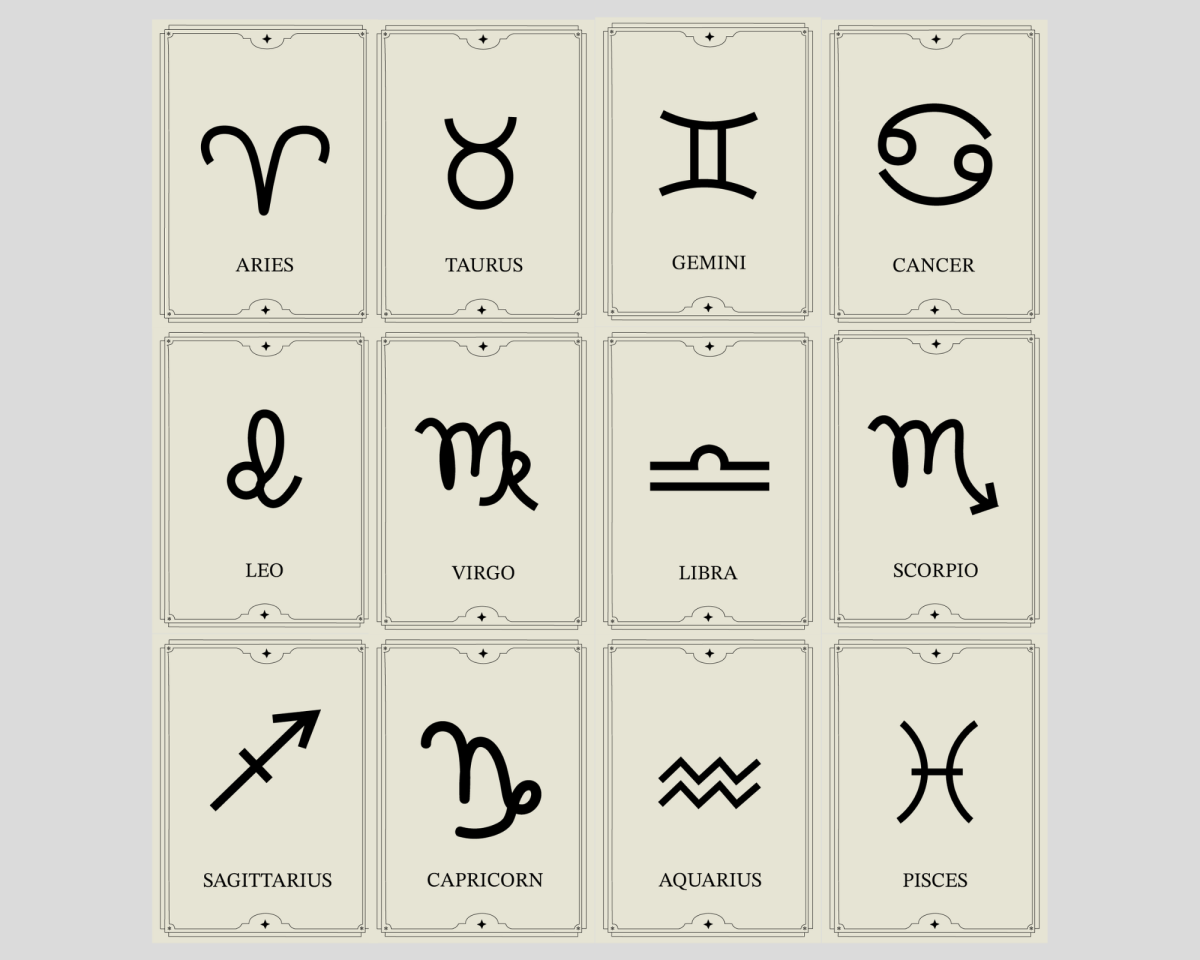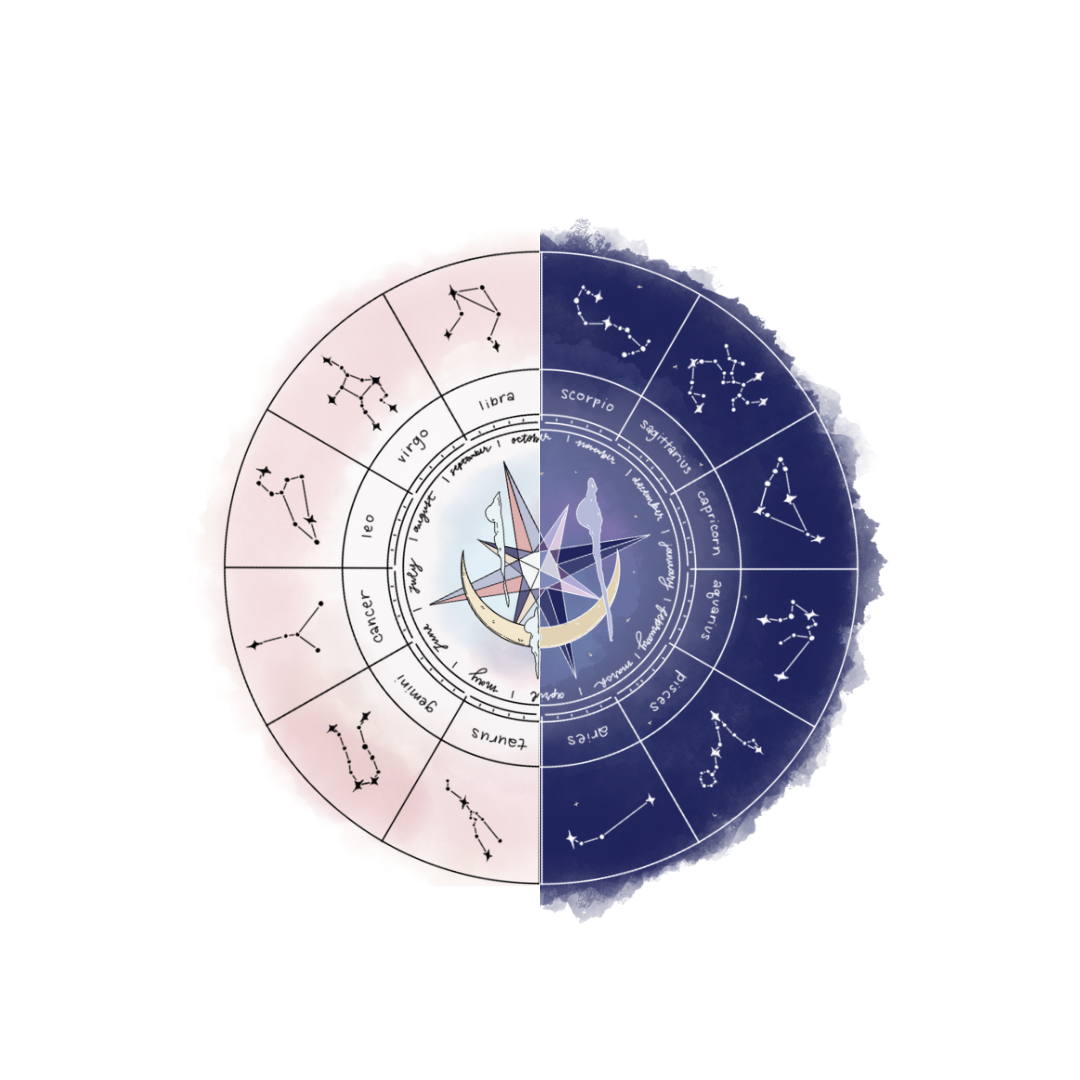Written by Ryeri Lim
I know someone whose best friend is her mom––and not in the unfortunate way of Norman Bates. The two confide in each other about everything going on in their lives and genuinely enjoy each other’s company. When faced with such a loving parent-child relationship, I feel equally uplifted and jealous, because that connection doesn’t exist for many of us.
Yet years of reflection have led me to understand that few teenagers truly hate their mothers and fathers; they simply lose confidence in their parents over time. As teens, we doubt our parents’ ability to support us emotionally, to understand our motivations, to have our backs yet stay honest with us, and even to be generally good people.
For a while, I attributed this disconnect to an incompatibility between parent and child, despite the genetic relationship. During fits of anger, both my mom and I have verbalized this idea to each other: “If we weren’t related, I’d never associate with a person like you.” More reasonably put, I thought that my parents and I just weren’t meant to be; nurturing our relationship was unnecessary, even pointless.
But recently, I’ve questioned that feeble theory. Most people alive has experienced a finite period of teenage rebellion which, according to the Empowering Parents Program, leads to one of the most significant personality changes in the course of an individual’s first 18 years. As you may have been told to do many times, try considering that tumultuous period from your parents’ point of view. Imagine how you would react if a friend you’ve known since childhood suddenly develops a completely different set of priorities, an unprecedented new outlook on life and a vaguely emo fashion sense over the course of a couple months. How easy would it be then, to let such changes pass without remark, to trust your friend to be making the right choices?
But from our point of view, that teenage instability compels us to look to our moms and dads for the confidence we don’t have in ourselves. And if––or when––we don’t find that desired encouragement in our parents, who are as lost and human as we are, we feel betrayed.
Deep inside, I know it’s unfair to expect my parents to understand me on a transcendental level; it’s almost as if I think a supernatural emotional connection exists through our shared DNA. My mom and dad have raised me for seventeen years, after all, and they themselves have annoyingly said that they know me better than I know myself. If that’s true, they’re guilty of bad parenting every time we don’t see eye to eye. As unreasonable as that sentiment is, that’s the extremity of the misery I feel when I can’t go to my parents for comfort or encouragement because I have little confidence in the odds that I’ll receive what I need.
Yet I believe this universal feeling of betrayal is exactly the reason why it’s worth putting effort into strengthening relationships with parents. It feels right to unconditionally love our parents; it hurts to leave a relationship-damaging argument with my mom unresolved. The need to prove our point constantly plays tug-of-war with the guilt at upsetting our parents, even if they have seriously wronged us in certain situations. If I really think about it, it’s painful to consider holding a grudge against my parents––or simply having no affection for them––for the rest of my adult life. All the stinging misunderstandings of a few adolescent years don’t indicate how much I’ll want them around when I have my own kids.
I don’t want to remind myself that it’s useless to try and make my mom understand my viewpoint. On the contrary, I want to try again and again to connect and communicate with her, and I want to persistently seek trust and security in our relationship. Unlike many aspects of our past together, I feel optimistic about this new start––it feels right.














